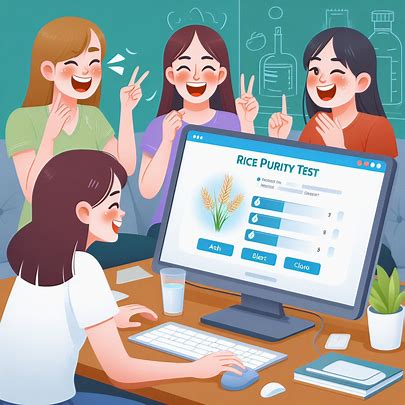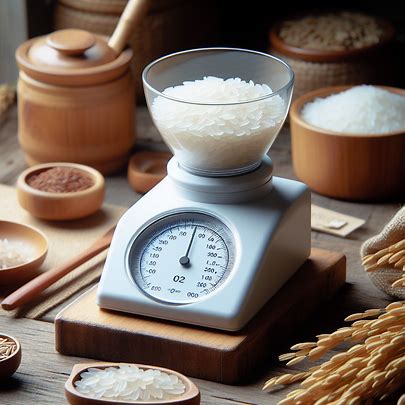The Rice Purity Test: Origins and Purpose
The Rice Purity Test is a self-graded survey that originated at Rice University in the 1960s. Initially, it was a playful way for students to gauge their level of “purity” or innocence. Over time, it has become a popular social activity, especially among college students. Here’s what you need to know:

- What Is It?
- The test consists of 100 questions covering various aspects of life, including sexual behavior, drug use, academic integrity, and personal values.
- Respondents indicate whether they’ve ever engaged in the behavior described in each question.
- Each answer is assigned a point value, with the most “pure” or innocent answer receiving the highest points.
- Scoring and Interpretation:
- Higher scores indicate greater levels of purity, while lower scores suggest more life experience.
- The test isn’t official or scientific; it’s meant for fun and conversation.
- Some questions are provocative or explicit, addressing topics like sexual activity and substance use.
- Common Questions:
- Why Take It? People take the Rice Purity Test to reflect on their experiences, values, and boundaries.
- Is It Accurate? No, it’s not a psychological assessment. It’s a lighthearted way to connect with others.
- Who Administers It? Typically, students do it informally in dorm rooms or social settings.
Deciphering Your Rice Purity Test Score
The Rice Purity Test assigns a score between 0 and 100.
- 100-98: Extremely High Purity – This score is uncommon and suggests very limited social and romantic experiences.
- 97-94: Very High Purity – Individuals with these scores typically have had minimal experience beyond basic interactions.
- 93-77: High to Moderate Purity – This range indicates a variety of experiences, but with some areas of relative innocence.
- 76-45: Moderate to Low Purity – This score reflects a more adventurous personality with diverse experiences.
- 44-9: Low Purity – This suggests extensive involvement in various social, romantic, and potentially risky behaviors.
- 8-0: Very Low Purity – Scores in this range are uncommon and indicate a very broad spectrum of life experiences.

Criticisms of the Rice Purity Test
The Rice Purity Test faces several critiques:
- Limited Scope of “Purity”: The test equates innocence solely with a lack of experience in specific areas. It disregards factors like kindness, empathy, and integrity that contribute to a well-rounded person.
- Shame and Judgment: The scoring system reinforces a binary view of good (high purity) and bad (low purity). This can lead to feelings of shame or judgment, particularly for those scoring low.
- Inaccurate Representation: Life experiences are not a linear progression from innocence to experience. The test fails to capture the complexities of personal growth and exploration.
- Focus on Sexuality: The test heavily emphasizes questions related to sexual experiences, potentially pressuring individuals or creating anxiety about their sexual development.
Should You Take the Rice Purity Test?
The decision to take the Rice Purity Test is entirely personal. However, it’s important to be aware of its limitations and potential negative impacts. Here are some alternatives to consider:
- Self-reflection: Instead of relying on an external test, take time to reflect on your values, experiences, and personal growth.
- Open communication with friends: Talk openly and honestly with friends about your experiences and feelings. Supportive relationships can provide a healthier perspective than a score.
Beyond the Score: Embracing Your Life Journey
The Rice Purity Test might offer a temporary amusement, but it’s vital to move beyond the score. Here are some ways to embrace your unique life journey:
- Focus on self-discovery: Explore your interests, values, and goals. What makes you happy and fulfilled?
- Celebrate your experiences: Every experience, positive or negative, shapes who you are. Learn from them and move forward.
- Embrace individuality: There’s no one-size-fits-all path. Your experiences are unique and valuable.
- Set healthy boundaries: Learn to say no and prioritize what matters to you.
- Seek positive connections: Surround yourself with supportive and inspiring people.

Frequently Asked Questions (FAQ):
- What Does My Score Mean?
- Scores range from 0 to 100.
- A high score (closer to 100) suggests innocence or limited life experience.
- A low score (closer to 0) indicates more adventurous experiences.
- Is There a “Passing” Score?
- There’s no pass or fail. It’s all about personal perspective.
- Some people aim for a high score, while others embrace their adventures.
- Can I Retake the Test?
- Absolutely! You can retake it anytime.
- Compare scores over time—it’s interesting to see how perspectives change.
- Why Are Some Questions So Provocative?
- Provocative questions spark conversations.
- They cover topics relevant to college life and personal choices.
- Is the Test Inclusive?
- Not entirely. It reflects certain experiences but doesn’t cover everyone’s journey.
- Remember, it’s just for fun!
- Where can I take the Rice Purity Test?
- Due to the test’s potential negative impacts, we recommend against taking it. There are many other quizzes online that can be more enlightening and celebrate your individuality.
- There are numerous personality quizzes and self-reflection tools available online. Look for quizzes that explore your values, interests, and strengths rather than judging your experiences.
Conclusion:
The Rice Purity Test is a quirky way to explore our own stories and connect with others. So, go ahead, take the test, and see where your score lands! 🌟


